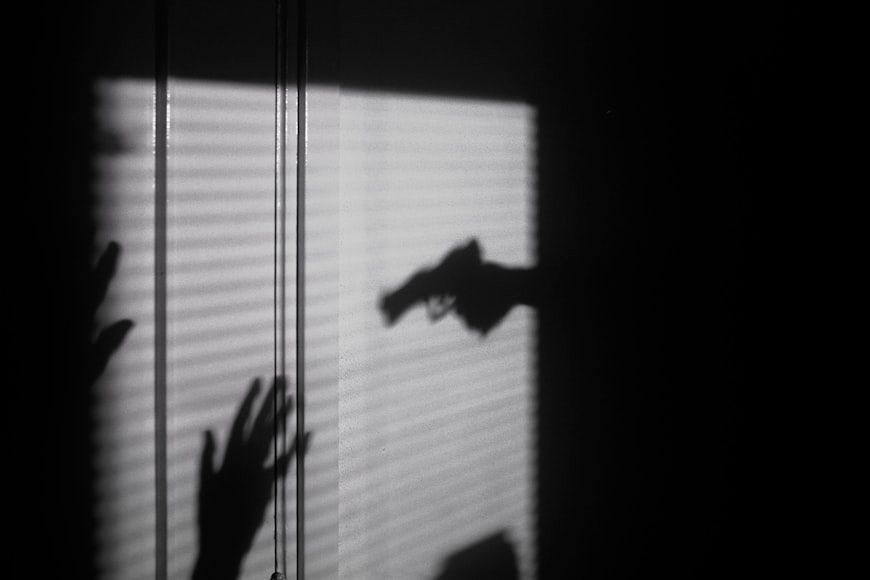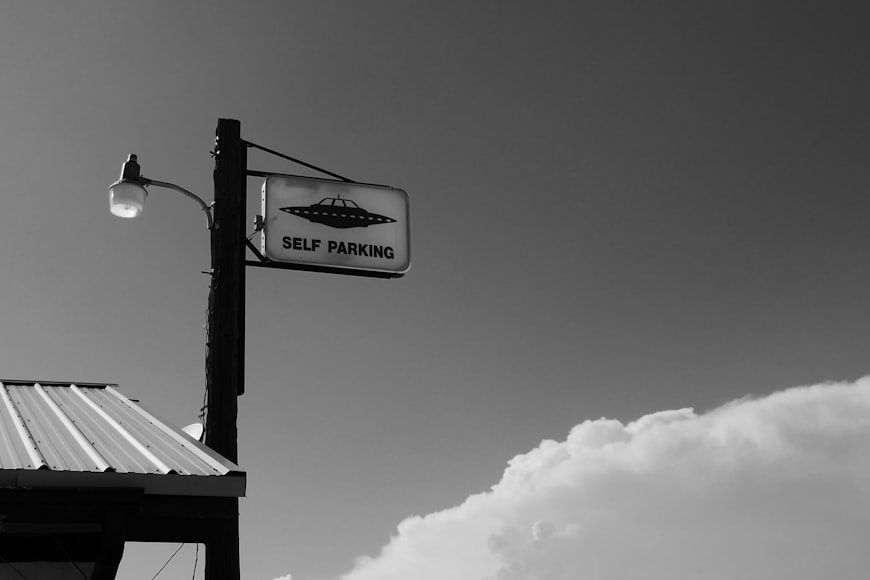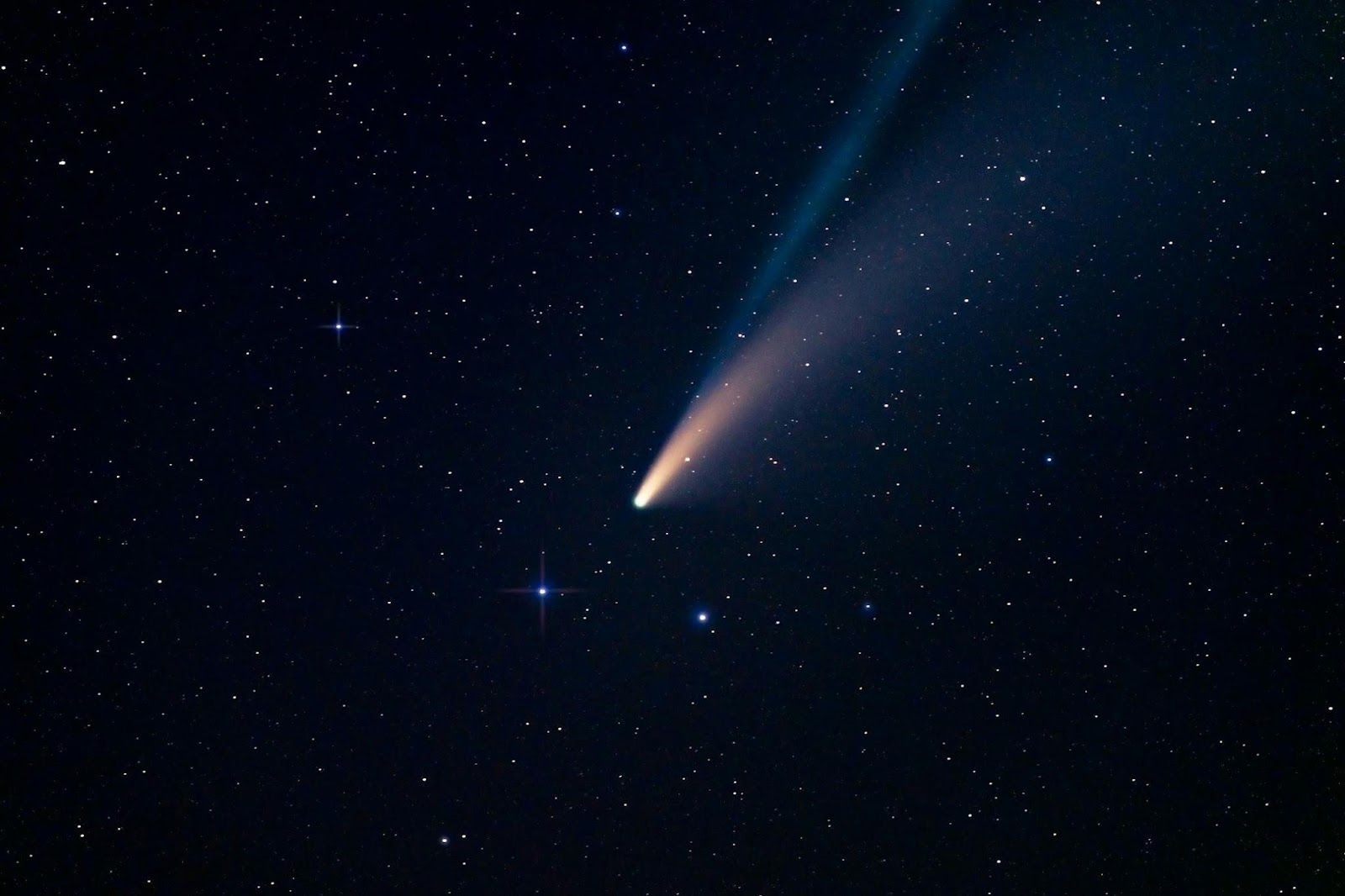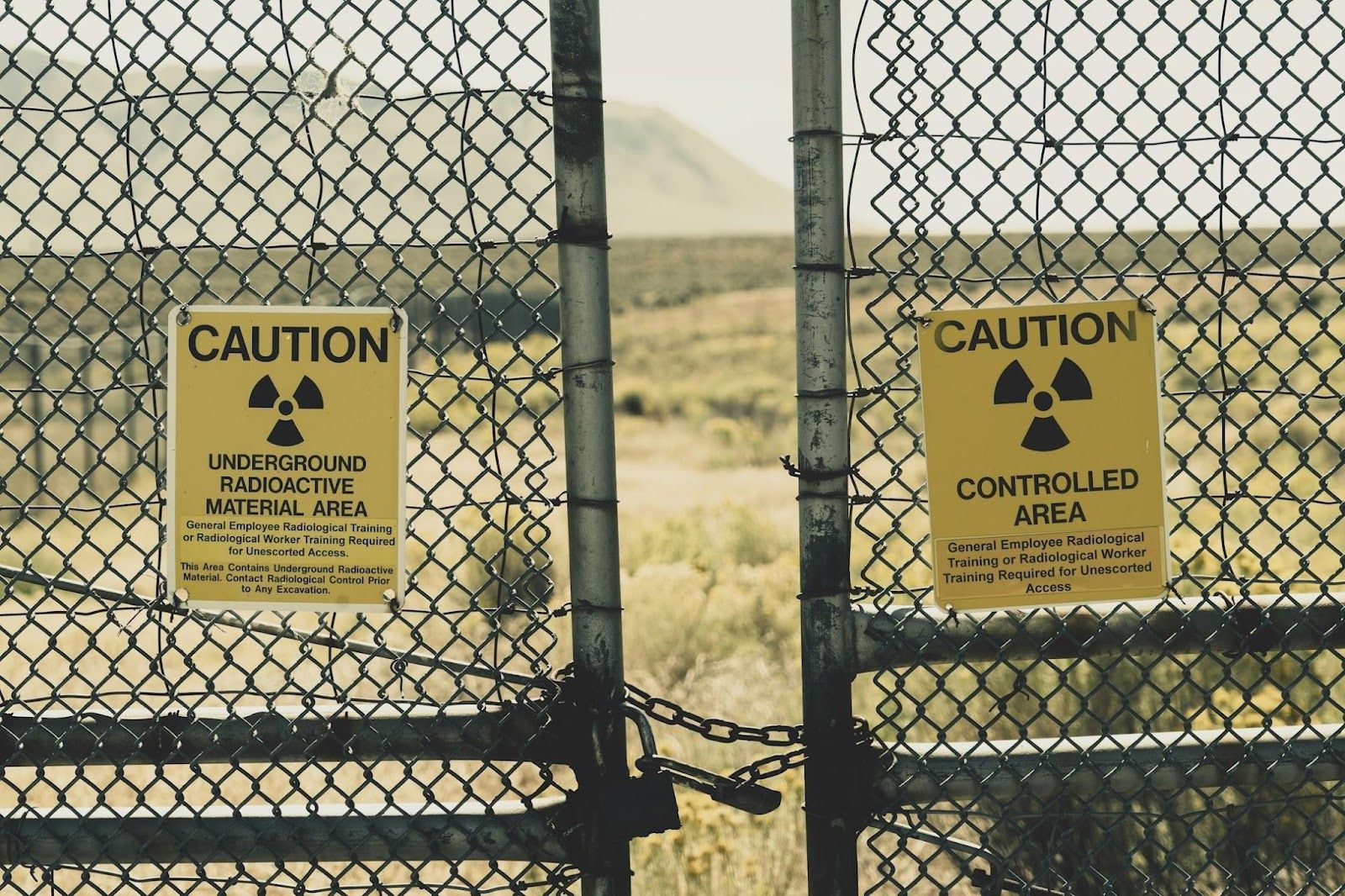Catchy tunes
10 intro songs from TV that made history!
Published on October 4, 2025
 Credit: Glenn Carstens-Peters
Credit: Glenn Carstens-Peters
Hundreds of TV series air every year, each with its own theme song, but few manage to stay on everyone’s minds long after they’ve ended. Let’s take a look at 10 theme songs so iconic that they can be recognized instantly!
Mission: Impossible
 Credit: Chris Yang
Credit: Chris Yang
Few spy series have a theme as iconic as the one used for Mission: Impossible. After all, it hasn’t been replaced in the franchise since its debut in 1967. Allegedly written in just 90 seconds by Argentine composer Lalo Schifrin—who was writing for television for the first time—its famous five-beat rhythm mimics the Morse code for "M.I.": dash dash dot dot.
Friends
 Credit: Chang Duong
Credit: Chang Duong
Few people remember who The Rembrandts are, but play "I’ll Be There for You" and the opening sequence of Friends instantly comes to mind. After failing to secure the rights to an R.E.M. song for the sitcom, Warner Bros. turned to The Rembrandts to record the theme we all know and love—a track that has since become a classic in sitcom history.
Get Smart!
 Credit: Yohan Marion
Credit: Yohan Marion
Get Smart! may have been a parody of the spy genre so popular in the 1960s, but no one who has seen Maxwell Smart’s car turn the corner at the start of the credits will ever forget that theme song. Although uncredited, the tune was composed by Irving Szathmary, who aimed to create a playful twist on the sleek sounds of James Bond and Mission: Impossible.
Law & Order
 Credit: Maxim Hopman
Credit: Maxim Hopman
Can a short, repetitive tune convey mystery, tension, and even a hint of menace—and still be instantly recognizable worldwide? The Law & Order theme proves it can. Written by legendary TV composer Mike Post, the jazzy motif anchored all 20 seasons (1990–2010) of the original series and has carried over into its many spin-offs and revivals.
Bonanza
 Credit: Taylor Brandon
Credit: Taylor Brandon
If you preferred cowboys over spies in the 1960s, chances are you watched the map of the Ponderosa Ranch burst into flames during the opening credits of Bonanza. Written by the duo Jay Livingston and Ray Evans—who also gave us classics like Nat King Cole’s "Mona Lisa" and Doris Day’s "Que Será, Será"—the Bonanza theme gallops along with a guitar rhythm meant to evoke horses’ hooves, and it remains one of the most iconic Western themes of all time.
The Flintstones
 Credit: Tina Kuper
Credit: Tina Kuper
Unlike many of the other themes on this list, the tune for The Flintstones actually changed during the show’s run. For the first two seasons, the opening was the instrumental "Rise and Shine," which sounded very similar to the theme of another Hanna-Barbera production, The Bugs Bunny Show. Starting in season three, however, it was replaced with "Meet the Flintstones," a brassy, big-band style tune (allegedly inspired by a Beethoven sonata) that introduced "the modern Stone Age family." Today, it’s the version that remains etched in pop culture.
Seinfeld
 Credit: Ilyass SEDDOUG
Credit: Ilyass SEDDOUG
Seinfeld is classic for countless reasons—and its theme is one of them. Unlike most sitcoms, the opening credits featured Jerry performing stand-up, with jokes that changed from episode to episode. Composer Jonathan Wolff solved this by crafting a flexible theme built around slap-bass riffs and mouth pops that he could adjust each week to match Jerry’s timing and delivery. The result was a constantly evolving theme song that became as unconventional—and memorable—as the show itself.
The X-Files
 Credit: Michael Herren
Credit: Michael Herren
If we’re talking about theme songs that defined a genre, The X-Files can’t be left out. Its haunting soundscape delivers chills through its echoing tones—but did you know it came about by accident? Composer Mark Snow had written the basic melody, but it felt incomplete. Frustrated, he leaned on his keyboard, accidentally triggering a delay effect that created the iconic echo. Paired with his wife’s casual whistling, it evolved into the paranormal anthem of the 1990s.
Game of Thrones
 Credit: Marek Studzinski
Credit: Marek Studzinski
Let’s turn to one of the most iconic themes of the 21st century. When the show’s creators approached composer Ramin Djawadi, they showed him an early cut of the now-famous credits and gave him just one instruction: avoid flutes and solo vocals, staples of the fantasy genre that felt overused. Djawadi instead built the theme around the cello, giving it a dark, powerful resonance. The result was so unforgettable that it carried over to the prequel series House of the Dragon.
Gilligan’s Island
 Credit: Tom Winckels
Credit: Tom Winckels
One of the most beloved sitcoms of the 1960s, Gilligan’s Island also delivered one of the most memorable theme songs in TV history. "The Ballad of Gilligan’s Isle" replaced the original tune composed by John Williams for the pilot episode. After the first season, the lyrics were revised—at the express request of Bob Denver, who played Gilligan—to include the secondary characters who hadn’t been mentioned in the original version.










